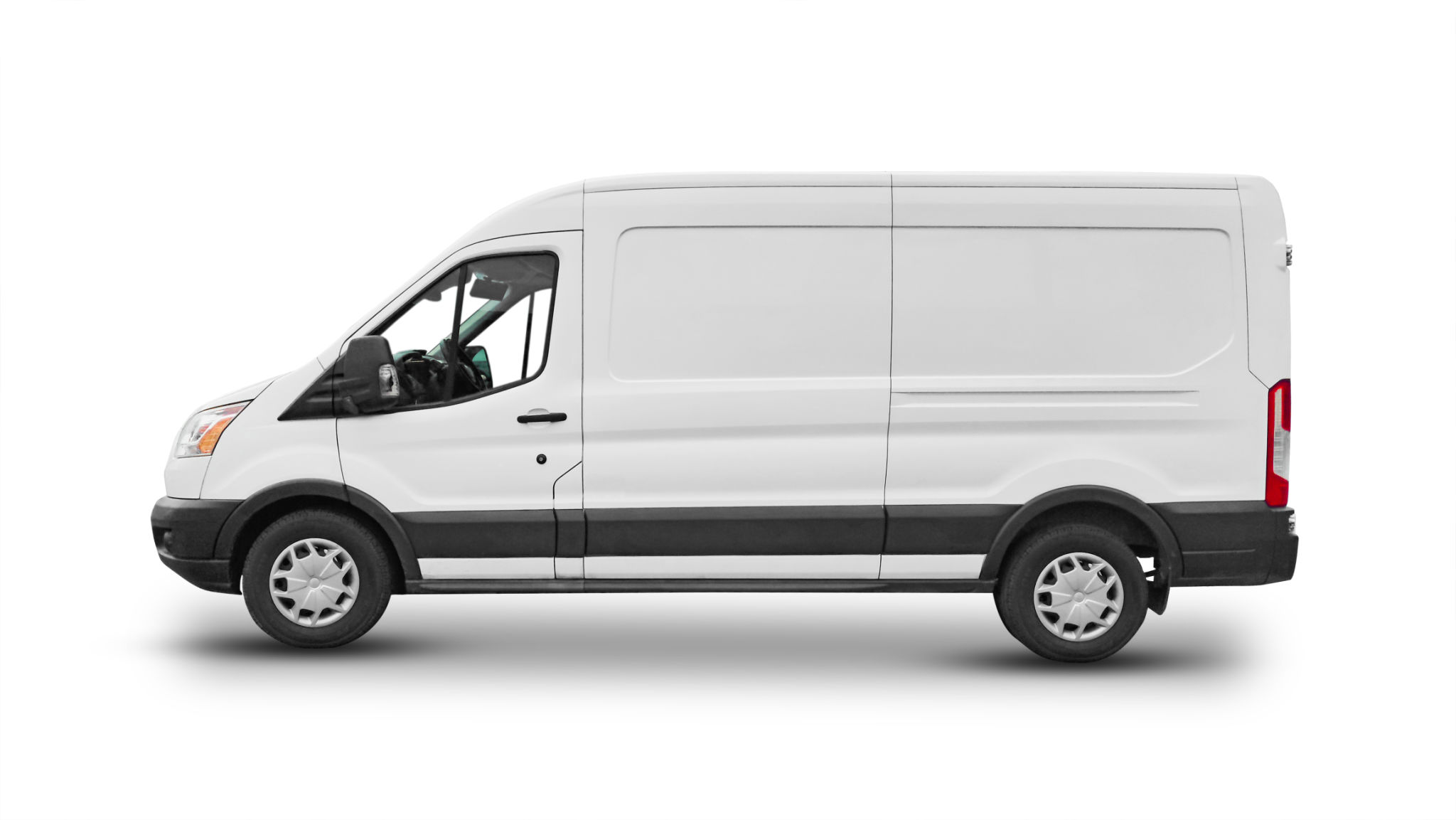How to Choose the Right Wholesale Partner for Your Small Business
Understanding Your Business Needs
Choosing the right wholesale partner for your small business begins with understanding your unique business needs. Before diving into partnerships, assess what products and services are vital for your operations. Consider the type of inventory you need, the frequency of restocking, and any special requirements your products might have. Being clear about these aspects will guide you in finding a partner who aligns with your business objectives.

Research Potential Partners
Once you know what you need, the next step is to research potential wholesale partners. Start by compiling a list of possible candidates. Use online directories, industry networks, and trade shows to gather names of wholesalers in your niche. Pay close attention to their reputation, customer reviews, and any industry certifications they may hold. This research phase is crucial for narrowing down your options to the most promising candidates.
Evaluating Product Quality
Product quality is a critical factor when selecting a wholesale partner. Request samples from prospective partners to evaluate the quality of their products firsthand. Ensure that their offerings meet your standards and that they can consistently provide high-quality goods. Remember, the quality of your products reflects directly on your brand, so it's essential to choose a partner who can reliably meet your quality requirements.

Assessing Pricing and Terms
Competitive pricing is vital for maintaining healthy profit margins in your small business. Compare pricing structures among different wholesalers and understand their payment terms. Look for any hidden fees or minimum order requirements that might affect your cash flow. A transparent pricing policy and favorable terms can make a significant difference in your long-term partnership success.
Reliability and Delivery
Timely delivery is crucial in ensuring that your business runs smoothly. Evaluate the reliability of potential wholesale partners by looking into their delivery schedules and logistics capabilities. Consistent delays can disrupt your supply chain, affecting customer satisfaction. Therefore, choose a partner known for their punctuality and efficiency in handling orders.

Communication and Support
A successful partnership relies heavily on good communication. Assess how responsive and supportive potential partners are when addressing your queries or concerns. The ability to communicate effectively can help resolve issues quickly, ensuring smooth operations and a healthy relationship. Opt for a partner who is willing to maintain open lines of communication and provide excellent customer support.
Scalability and Growth
Your business may grow over time, necessitating increased quantities or more diverse product offerings. Choose a wholesale partner who can scale alongside your business. Discuss potential future needs with them to ensure they have the capacity to support your growth without compromising on quality or service.
Building a Long-Term Relationship
Finally, consider the long-term potential of the partnership. A good wholesale partner should not only meet your current needs but also offer value as you grow together. Look for partners who share similar values and business ethics, as these alignments can foster a strong, enduring relationship that benefits both parties.
In conclusion, choosing the right wholesale partner requires careful consideration and diligence. By focusing on quality, reliability, pricing, and communication, you can form a partnership that supports your small business’s success. Take the time to evaluate each potential partner thoroughly, ensuring they fit well with your business model and future ambitions.